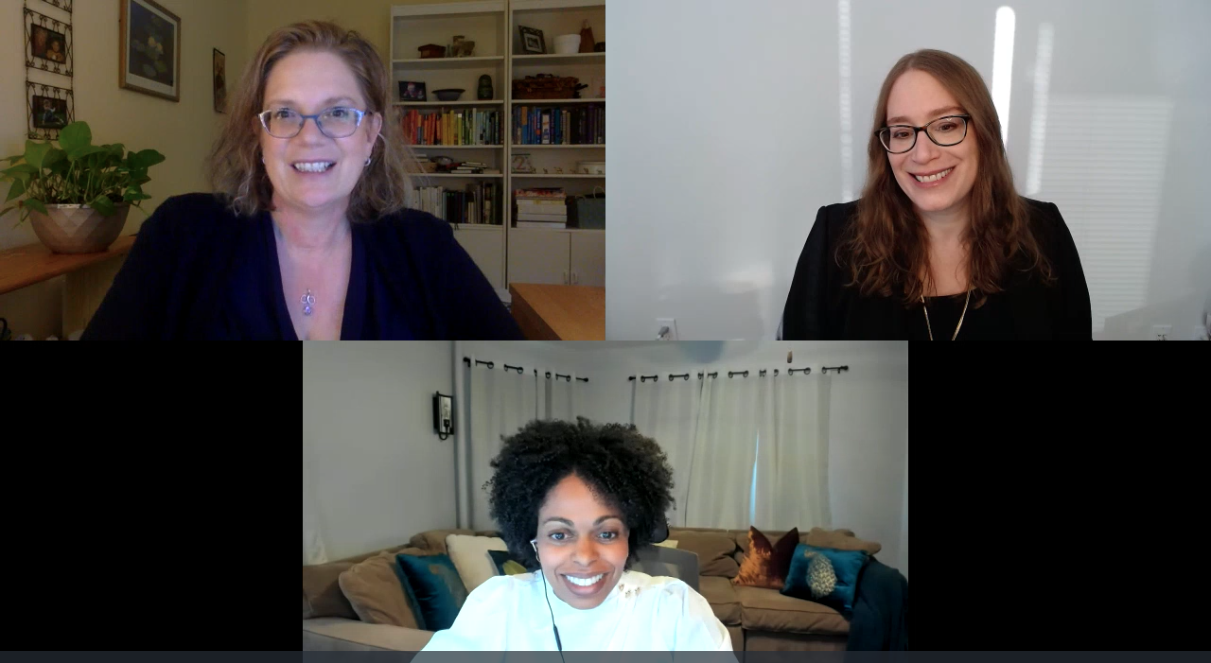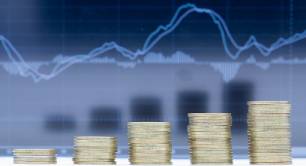SOCAP 2021: ‘Something’s wrong’ with impact investing, warns Cathy Clark
We need to have higher expectations of impact investing if we want it to work, a pioneering researcher told the audience at SOCAP 2021, a conference for impact investors, social entrepreneurs and social impact leaders this week.
Clark, who is faculty director at the Center for the Advancement of Social Entrepreneurship (CASE) at Duke University in North Carolina, US, and has been studying the field for the past 25 years, said that while investors were putting more money into fixing global problems, the problems were continuing to get worse.
While the money invested in ESG (Environmental, Social, and Governance) worldwide had doubled in 2020 compared with the year before (at $51.1bn), global social issues, health included, were actually getting worse, Clark explained.
- Are you a SOCAP fan? Catch up with our coverage of the event over the years
“Something’s wrong. And to me, the thing that's wrong is the norms about what we expect when somebody says they're investing for impact, or ESG: they're not strong enough to align with behaviour that's actually making an impact.
“And that's why I think this is the year of fixing our goals, so that as we go forward, we are going forward in the right direction, and not in the wrong direction.”
I think this is the year of fixing our goals, so that as we go forward, we are going forward in the right direction
The world was “in an impact accountability and management moment”, she said. As people were increasingly aware of the importance of impact investing and ESG, most businesses or financial institutions no longer needed convincing that “this is something that is real, that is going to bite them if they don't pay attention”, she added. “We're actually past that curve.”

Above, clockwise from top left: Cathy Clark, Fran Seegull and Monique Aiken at the SOCAP 2021 conference
‘Impact on’ moment
Fran Seegull, president of the US Impact Investing Alliance, also speaking at the event, said that, as the Covid-19 crisis revealed how much underserved groups were disproportionately affected by the pandemic, it had made “plainly visible to a broader audience” the fact that the current financial system wasn’t fit to face systemic and dynamic risks, nor was it designed to produce equitable economic growth.
- Stay up to date with the world of impact investment with our monthly Impact Finance Bulletin
This raising awareness meant that “in many ways, we've moved past the need to make the argument for the financial relevance of certain social and environmental impacts” she added. The next step was “to make the case for how the principles of impact investing can help transform the broader economic systems”.
Monique Aiken, managing director at The Investment Integration Project (TIIP), also talking at Tuesday’s event, said the Covid-19 pandemic had created widespread urgency. “We're in an ‘impact on’ moment, as I like to call it,” she said, explaining that governments, individual investors and the population at large were calling for “actual outcomes to be achieved” and asking for change.
“The climate and stewardship of folks who are most vulnerable – they cannot wait, we cannot wait.”
If we are doing the same things that we did in 2019, we are literally just doing it wrong
Aiken said that “significant innovation and creativity”, including the creation of new funds and products targeted at different markets was promising. The question was whether the sector would be able to scale ideas that “the impact investing community has incubated in the last decade [or more]” and “were poised for this moment”.
While it was important to invest into initiatives that had “a track record”, it was also necessary to “support some ideas that were just formulated yesterday”, she said.
“The world has changed. And there's new solutions for this time, that are different, and that might not have years of revenue under their belt, but need to be supported right now.
“If we are doing the same things that we did in 2019, we are literally just doing it wrong, because the world has changed that dramatically.”
Thanks for reading our stories. As an entrepreneur or investor yourself, you'll know that producing quality work doesn't come free. We rely on our subscribers to sustain our journalism – so if you think it's worth having an independent, specialist media platform that covers social enterprise stories, please consider subscribing. You'll also be buying social: Pioneers Post is a social enterprise itself, reinvesting all our profits into helping you do good business, better.



